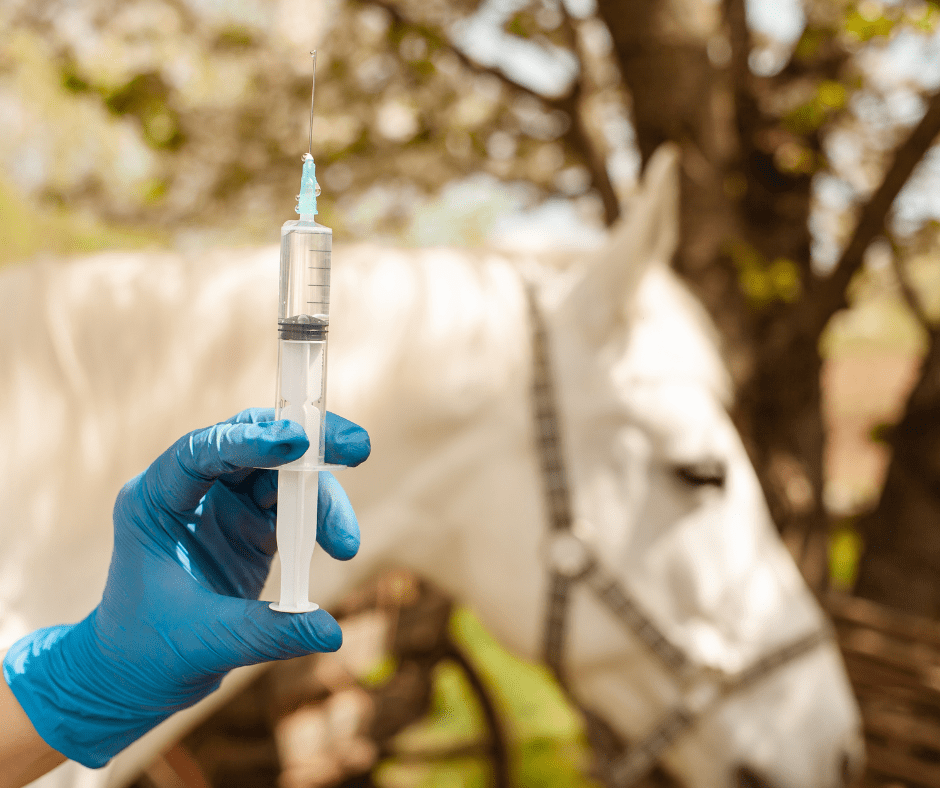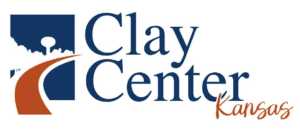By Payton Tholstrup
Dr. Melissa Luke is the primary equine veterinarian at Clay Veterinary Clinic. A graduate of Kansas State University, she has a wide range of experience, from emergency equine care to breeding mares. The biggest misconceptions she sees in horse care today involve deworming and dental care. Both play an important role in a horse’s health and well-being and are an important part of proper nutrition.
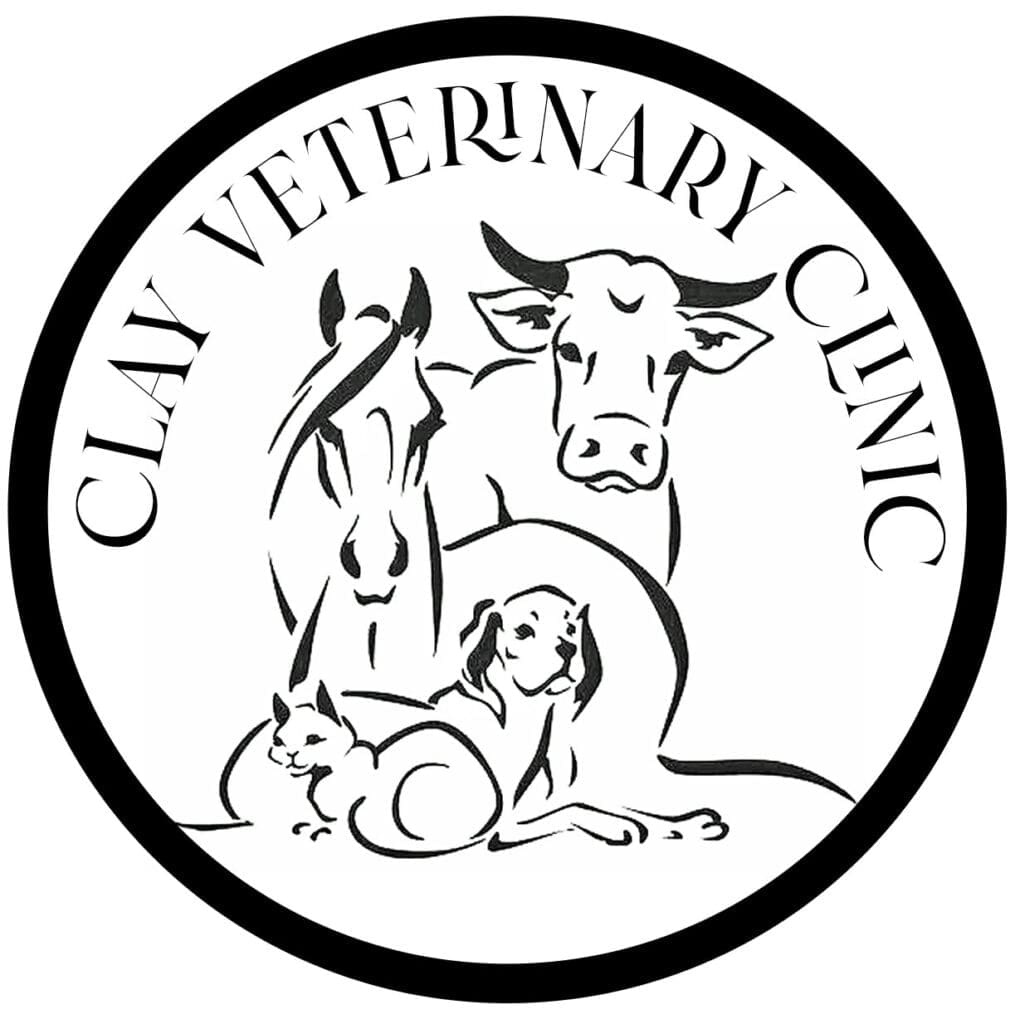
Horses Are Forage-Based Animals
Horses are forage-based animals, designed to have their head down so they can continuously graze. This wears their teeth down. to wear “They chew in a figure 8 pattern, so when the head is down, the bottom jaw comes forward and aligns properly with the top jaw,” Dr. Luke said.
However, when horses are put in dry lots, stalls, and smaller areas, and are fed from a bale, their head is up a bit, not down to the ground where they can graze continuously. As a result, this causes the jaw to not be in proper alignment to wear the teeth down naturally. This is where problems can arise. “It is no fault of any owner, it’s just how we have to house and feed our horses today,” she said.
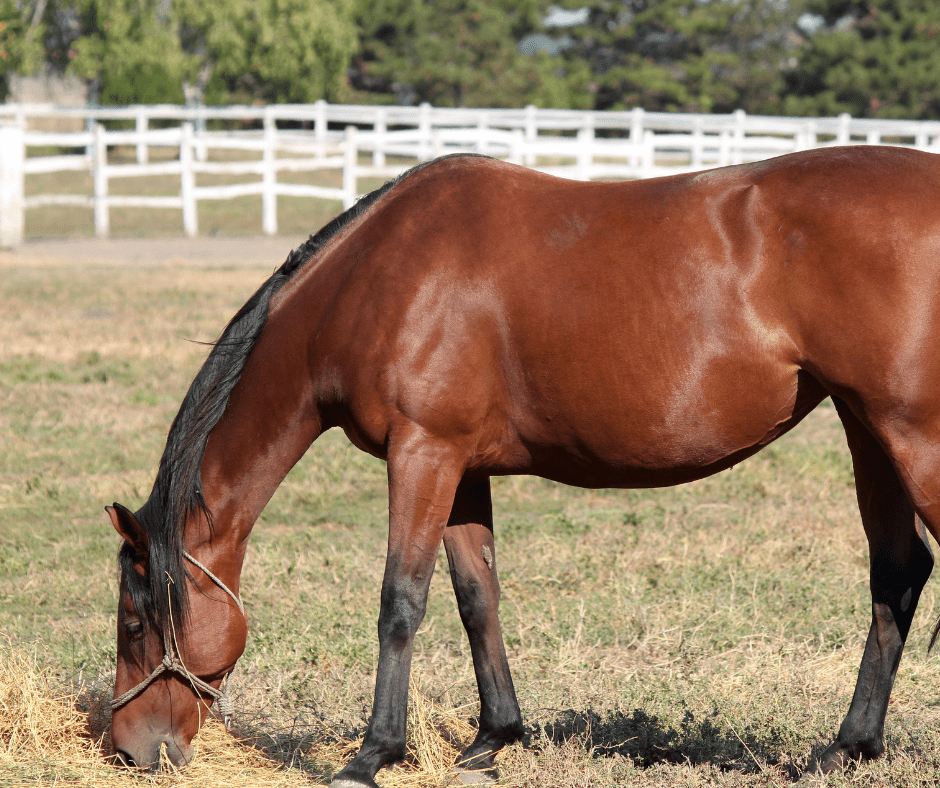
Annual (or Bi-Annual) Dental Care is Essential
Because horses’ teeth continue to grow throughout their lives, routine oral care is crucial. Yearly floating (the process of smoothing or filing down the teeth) will keep horses happy. Older horses are more likely to need dental care twice a year.
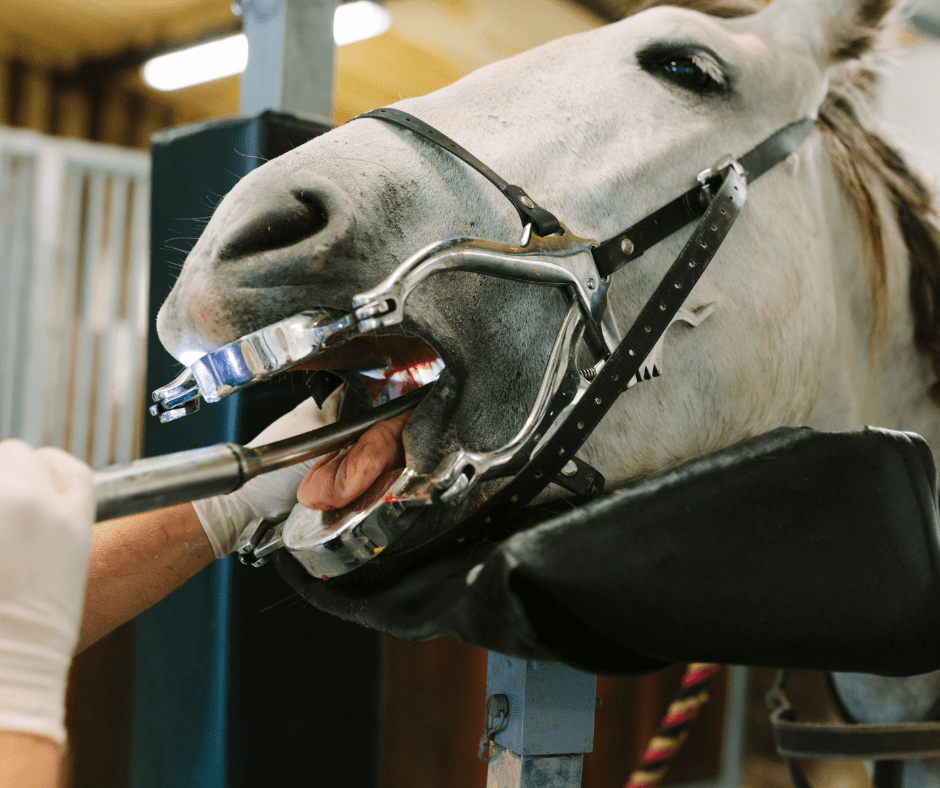
Smarter Deworming Through Fecal Testing
When it comes to deworming, some horses are on a schedule, but it is always good to check a fecal test before deworming. “It is invaluable knowledge to know if the horse is wormy, and what type of worms they may have before medicating,” Dr. Luke said. With this knowledge, equine veterinarians can prescribe the proper dewormer that will best suit the horse’s needs.
“Parasite resistance is real in horses, and it is mainly to ivermectin,” she said. “Fecal tests are very important to run annually or even bi-annually to not aid in this issue.”
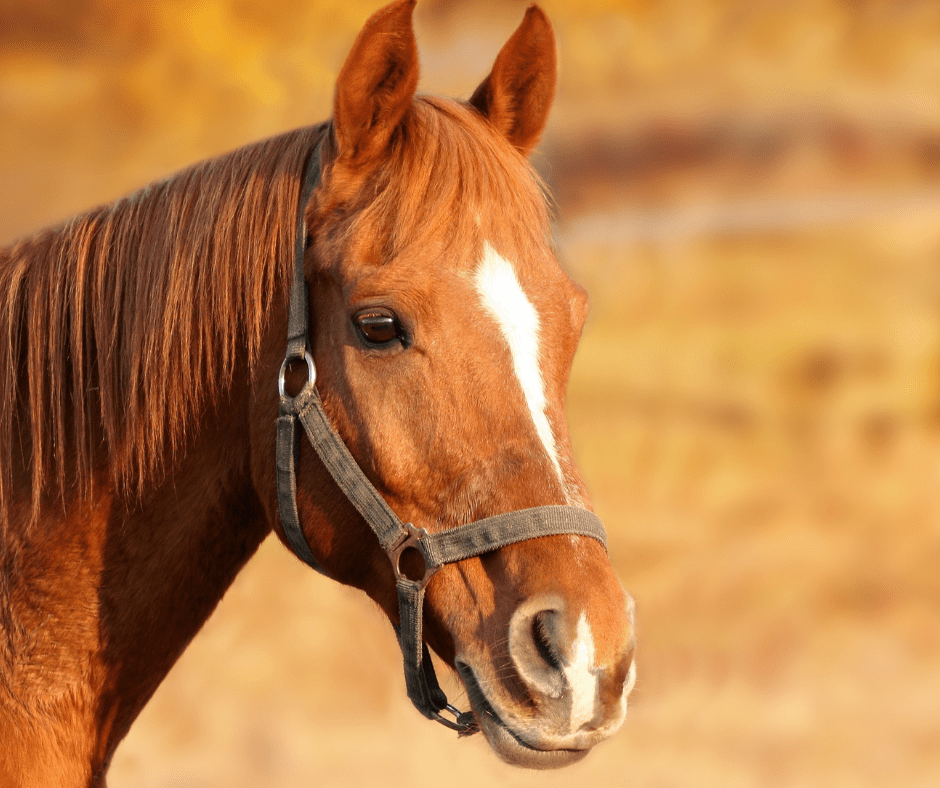
Basic Care for Horses
Basic care for any horse should include yearly vaccinations, fecal tests, and teeth floating. Clay Veterinary Clinic offers all these services for its equine patients, as well as wound care, basic surgical procedures, and more.
